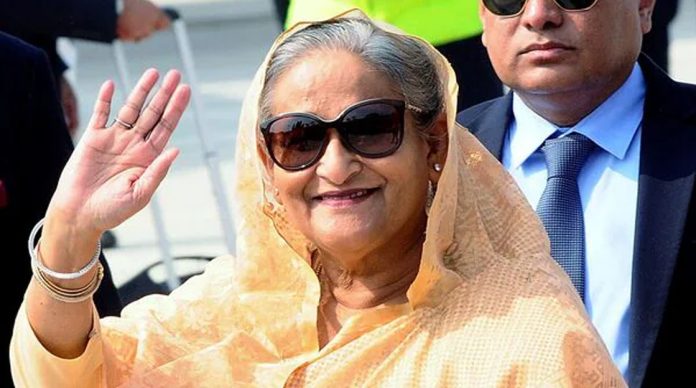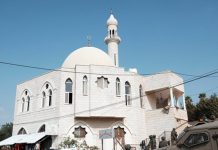Bangladesh’s parliament has been dissolved, a day after prime minister Sheikh Hasina was forced from power. Ms Hasina resigned and fled the country after weeks of student-led protests spiralled into deadly unrest.
The dissolution of parliament, a key demand of protesters, paves the way for establishing an interim government. Bangladeshis are waiting to see what comes next, as the country’s military chief is holding talks with political leaders and protest organisers.
According to local media, more than 100 people died in violent clashes across Bangladesh on Monday, the single deadliest day since mass demonstrations began.
Hundreds of police stations were also torched, with the Bangladesh Police Service Association (BPSA) declaring a strike “until the security of every member of the police is secure”.
The group also sought to place the blame at the door of authorities, saying they were “forced to fire”.
Overall, more than 400 people are believed to have died, as protests were met with harsh repression by government forces.
The protests began in early July with peaceful demands from university students to abolish quotas in civil service jobs, but snowballed into a broader anti-government movement.
Weeks of unrest culminated in the storming of the prime minister’s official residence, not long after Ms Hasina had fled to neighbouring India, ending nearly 15 years of rule.
Bangladeshi leaders are under pressure to establish an interim government to avoid a power vacuum that could lead to further clashes.
Within hours of her resignation, Bangladesh’s army chief Gen Waker-uz-Zaman pledged that an interim administration would be formed, adding on state television that “it is time to stop the violence”.
Credit: bbc.com









